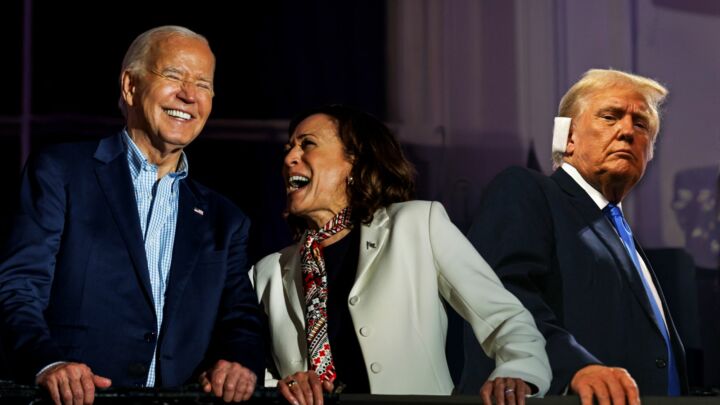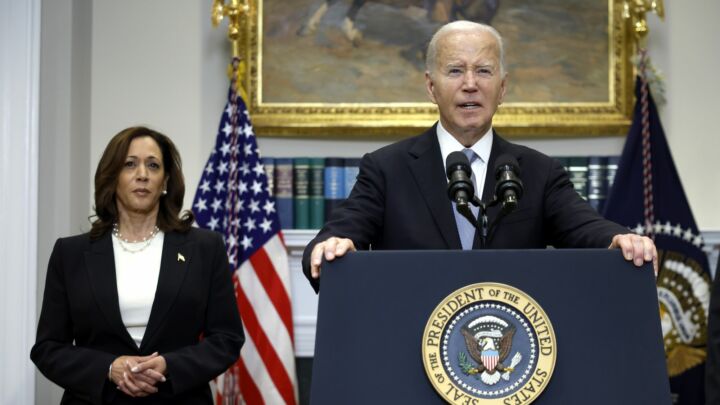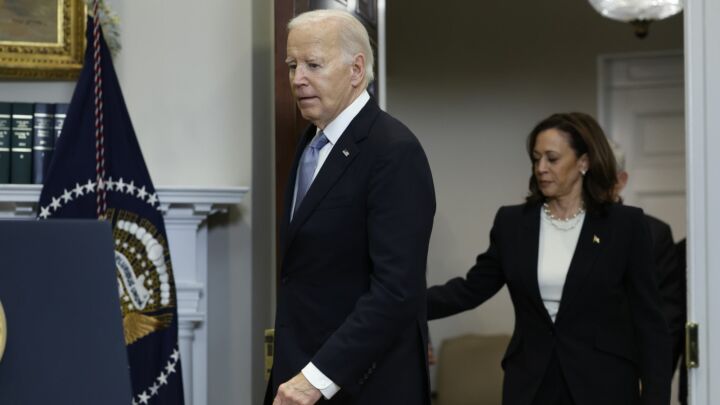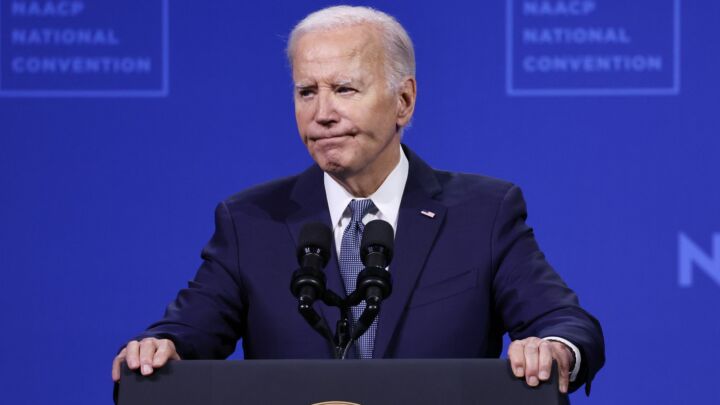‘The lab-leak cover-up is damaging science’
Matt Ridley on how the scientific establishment suppresses dissent.

Want to read spiked ad-free? Become a spiked supporter.
The Covid-19 pandemic has killed at least seven million people worldwide since 2020. Lockdowns and other government restrictions have cost the global economy tens of trillions of dollars. The damage done to education, to health and to liberty are incalculable. So you might think that the world’s leading scientific institutions and public-health bodies would be keen to understand the origins of the virus, as this might help us to avoid a similar catastrophe in the future. Instead, they have tried desperately to suppress scientific debate. The so-called lab-leak theory of Covid’s origins is now supported by a number of US government agencies, but it is still a taboo subject in the scientific community and in the mainstream media. Have our scientific institutions lost their way?
Matt Ridley – scientist, journalist and co-author of Viral: The Search for the Origin of Covid-19 – returned to The Brendan O’Neill Show to discuss the case for the lab-leak theory and more. Watch the full episode here.
Brendan O’Neill: Was the lab-leak theory dismissed too soon?
Matt Ridley: Facebook censored any conversation about the lab-leak theory starting in 2020, but Twitter surprisingly did not. In fact, Twitter turned out to be a vital space for those of us interested in questions over the lab-leak theory. We were able to find each other, and some extraordinary individuals made significant contributions to finding relevant theses inside China.
But there was a breakthrough in 2021, when the extremely hamfisted World Health Organisation inquiry into Covid-19’s origins backfired. The WHO held a press conference and declared that Covid-19 is more likely to have originated in frozen food than from a lab leak in Wuhan. This conclusion was so farcical that it had the opposite effect than intended. More than a dozen prominent scientists penned a letter in Science magazine arguing that the lab-leak theory cannot be ruled out, and that it must be properly investigated. Suddenly, the dam opened. The media started talking about the theory, some outlets for the first time. A lot of mainstream media organisations even went back to old articles and removed references to the lab-leak theory as a ‘debunked’ conspiracy theory.
Gradually, however, the media have again closed down the discussion. Over the past few years, the BBC, the New York Times and other media organisations have just refused to give the theory a fair hearing. The major scientific publications, such as Science and Nature, have also been shockingly one-sided. The lid is closing once again.
We saw an example of this earlier this month, when molecular biologist Richard Ebright and microbiologist Bryce Nickels were accused of defamation and intimidation for their vocal support of the lab-leak theory. The two have argued that those who suppressed the theory have committed fraud and should be held accountable. Twelve scientists filed a formal complaint against Rutgers University, where the pair work, arguing that Ebright and Nickels should be silenced for their online comments. The pair have perhaps been too fruity with their language at times, and maybe they should calm down a bit, but that does not justify the attacks on them.
Those who signed the letter tried to argue that Ebright and Nickels use rude and nasty language against their critics, who supposedly are otherwise quite happy to engage in a civilised debate. But this is nonsense. Some of the authors of this letter have issued appalling smears at people like my book’s co-author, Alina Chan, a postdoc researcher at Harvard University. The hypocrisy here absolutely stinks.
Of course, Science magazine published an article that only focussed on the complaint against Ebright and Nickels, making no mention of the fact that their detractors have often been ever ruder. This might sound like a storm in a teacup, seeing as it’s a spat within the scientific community. But it does show the lengths that some people will go to keep a lid on the lab-leak debate and silence the scientists and journalists who want to take part in it.
O’Neill: Isn’t this attitude to the lab-leak theory, insisting that the debate is over both in academia and in public life, fundamentally anti-science?
Ridley: It certainly is. Science has progressed magnificently over the past few centuries because it has been decentralised, creating an environment where ideas can be rigorously challenged. One professor at Oxford was free to tell another professor at Cambridge that he’s talking utter nonsense, and vice versa. That’s a vital part of the scientific process. Without it, the Oxford or Cambridge professor can easily go down a rabbit hole of confirmation bias and motivated reasoning that may blind him to contrary evidence. There must always be a process to challenge other scientists.
But somewhere in the past 50 years, we’ve moved to a very centralised model for science funding. In the UK, it’s UK Research and Innovation (UKRI) that funds most research. In the US, it’s the National Institute of Health (NIH). Organisations like these impose one overriding viewpoint through a monolithic process of peer reviews and grants. In effect, these institutions are able to enforce a dogma. As a result, many of them are coming to resemble the Catholic Church before the arrival of Martin Luther. I’m exaggerating, of course, but only a little.
That is why, these days, I’m a passionate champion of science as a philosophy, and less so of science as an institution. When I was in the House of Lords, for example, I made it clear that I’m dead in favour of using genetic engineering for the good of mankind – so I’ve come into the lab-leak debate with a pro-science bias. As a result, I find myself with some strange bedfellows in the lab-leak debate. Anti-GMO groups, such as US Right to Know, are some of the most committed campaigners for more information regarding the lab-leak theory. I wouldn’t normally break bread with these people, if I could help it. But on this issue, I have gradually found myself driven on to the same side as them.
Fundamentally, the lab-leak debate isn’t about joining a bandwagon against science. In fact, it’s quite the reverse. For one thing, I’m really quite terrified that suppression of dissent during the pandemic will hugely damage the reputation of vaccines, GMOs and other examples of scientific progress. Indeed, the more that the scientific community keeps digging in its heels, and keeps refusing to even discuss the possibility of a lab leak, the more it risks damaging the reputation of science altogether.
Matt Ridley was talking to Brendan O’Neill on The Brendan O’Neill Show. Watch the full conversation here:
Picture by: Matt Ridley.
To enquire about republishing spiked’s content, a right to reply or to request a correction, please contact the managing editor, Viv Regan.








Comments
Want to join the conversation?
Only spiked supporters and patrons, who donate regularly to us, can comment on our articles.